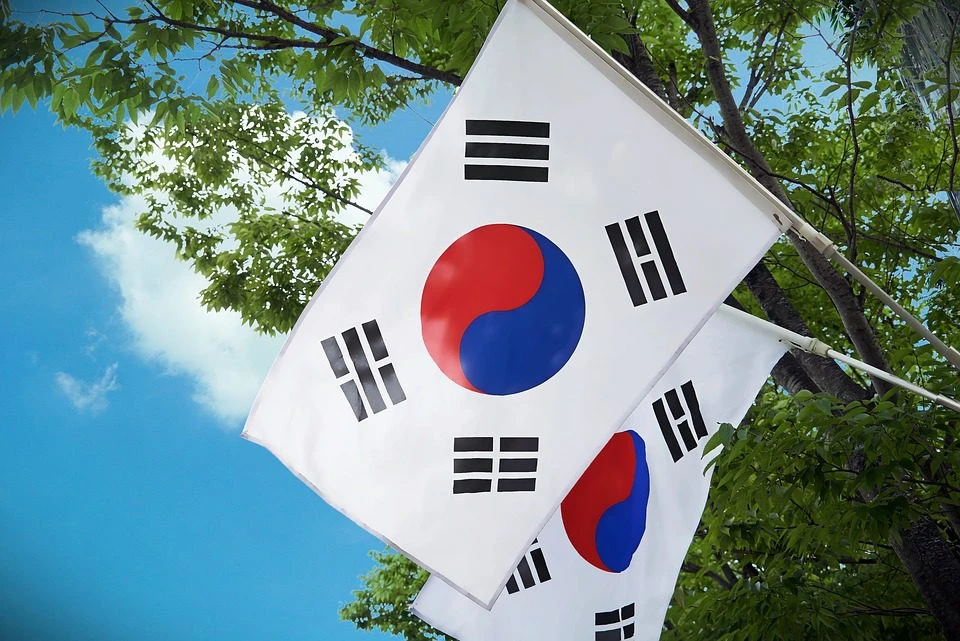Kangwon Land revenue falls again in Q1 2021

On a quarter-on-quarter basis, revenue was also down by 25.8%. Gross gaming revenue (GGR) came in at KRW98.3bn, however KRW12.9bn of this was in ‘High1 Point’ loyalty bonus funds, leaving actual casino revenue of KRW85.4bn, down 57.3% year-on-year.
Of the total GGR, KRW38.0bn was earnt from mass table games, KRW27.8bn from the operator’s membership club and KRW32.6bn from slot machines.
The operator had a total of 87,217 visitors during the period, down 79.9% year-on-year, and 28.8% lower than Q4 2020’s visitor numbers. The number of foreign players was down 93.7% year-on-year, from 5,406 to just 340. Players spent a total of KRW417.2bn, down 58.8%.
Non-gaming revenue came to a total of KRW12.0bn, down 66.6% from KRW36.0bn in Q1 2020. Of this figure, the operator’s hotel operations brought in the most, at KRW5.7bn, followed by its ski resort at KRW3.2bn, and condo sales of KRW2.7bn.
Sales from the operator’s golf and water park operations, slot machine production and subsidiaries made up the remainder of non-gaming revenue for the period.
After costs of sales of KRW131.9bn, the operator made a gross loss of KRW34.5bn on its revenue, down from a KRW78.0bn gross profit in Q1 2020. After selling, general and administrative costs of KRW25.1bn, down 90.5%, its operating loss came to KRW59.62bn.
The operator made a non-operating financial income of KRW22.1bn, up 86.7% year-on-year, while financial expenses were down 98.5% to just KRW400m.
After other expenses of KRW19.3bn, the business was left with a negative income before tax of KRW55.73bn. It then received a corporate tax benefit of KRW14.8bn which saw it make a net loss of KRW40.90bn, compared to a KRW156.12bn net loss in Q1 2020.
The operator made a total loss of KRW275.86bn in 2020, after closures of its resorts were repeatedly extended as a result of the novel coronavirus (Covid-19) pandemic.
